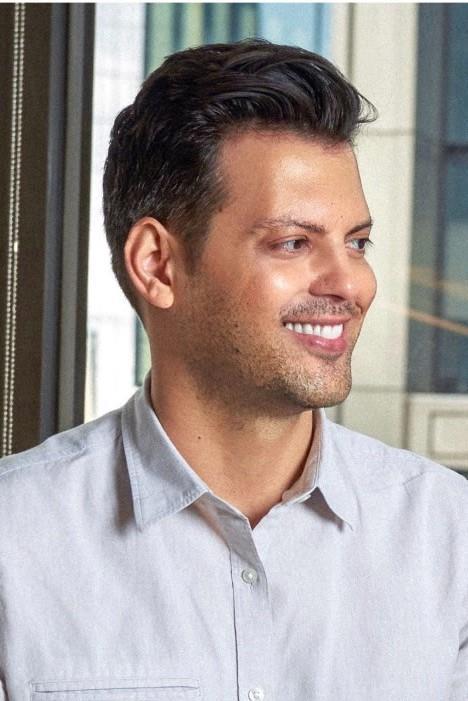“Success means never being content,” says Emery Wells, the CEO and co-founder of the video collaboration platform Frame.io.
Three years ago, Wells sold his company to Adobe for a staggering $1.275 billion—the culmination of seven years of relentless dedication and innovation. While such a monumental exit is life-changing, Wells didn’t rest for long. He quickly got back to work, focused on what lay ahead.
For Wells, the sale only reinforced the idea that success is deeply personal and ever-evolving. In an interview with CNBC Make It, he explains that connecting with other successful entrepreneurs made him realize he’s not alone in this mindset.
Wells says one key trait of highly successful people is that they never feel completely satisfied or believe they’re done growing. They always celebrate their progress but continue to challenge themselves by learning new, difficult skills to keep advancing in their careers. According to Wharton psychologist Adam Grant, successful people set high standards for themselves and constantly strive for excellence. “No matter how successful you become, you’re always looking for the next challenge,” says Wells.
Redefining Success at Every Turn
As a teenager in Miami, Wells envisioned a future in the film industry. Rather than pursuing a traditional college route, he took a bold step at 19, moving to New York to bartend while refining his filmmaking craft and seeking freelance video editing opportunities.
After years of financial struggle, a daring investment in a $17,500 digital camera became the turning point for Wells. This leap of faith led to the launch of Katabatic Digital, a boutique video post-production company. With the acquisition of this groundbreaking camera—which transformed the industry—Wells quickly gained momentum, securing lucrative projects. By 2014, Katabatic had reached over $1 million in annual revenue, attracting high-profile clients like Coca-Cola and Pfizer.
Wells could have easily continued running Katabatic, enjoying a comfortable career for years to come. However, instead of settling, he and Katabatic engineer John Traver began exploring the world of software development in their spare time, dreaming of creating a game-changing product they could sell for a significant profit.
Their first joint venture was a software platform designed to help teams collaborate and provide feedback on videos during the post-production process. Initially, Wells viewed it as a “small project”—a stepping stone to learning the ropes of building and selling an app. The plan was to use this experience as a launchpad for something much bigger down the line.
That project evolved into Frame.io, a platform that exceeded all expectations. With over $80 million in funding, it eventually sold to Adobe for a staggering sum. At first, Wells saw the deal as life-changing, but as he compared his success to that of other tech entrepreneurs who had sold their companies for billions, he soon realized that his triumph—while impressive—was just a stepping stone in the bigger picture.
“I was like, ‘Well, I’m not actually successful in this group of people,’” says Wells. “That’s a wild realization… ‘Am I king of the world? Not at all.’”
Driven by Passion, Not Wealth
Having already sold a billion-dollar startup, Wells reveals that his current ambitions are no longer fueled by the pursuit of wealth. Instead, as the CEO of a company now under Adobe’s umbrella, his motivation has evolved into something far more personal and creative. It’s no longer about reaching the next financial milestone but about expressing his own creative vision and making a lasting impact on others.
“I thrive on building things. I’m passionate about creating, and I genuinely love crafting software,” Wells shares. “There’s an innate drive to build something meaningful, then watch people use it. It’s about having a broader influence. Can I reach more people and make a difference?”
In this regard, Wells aligns with entrepreneurial legends like Richard Branson, who, earlier this year, told Make It that a person’s true legacy should be defined by “what you create,” rather than their bank balance. For Branson, and now for Wells, the financial success of their ventures has been a natural result of their true motivation: creation.
“Paying the bills at the end of the year is important, but what entrepreneurs are accomplishing around the world today—and the sole reason for their success—is that they’re truly making a meaningful impact on the lives of others,” Branson stated. “And in the end, that’s all that truly matters.”
Source: CNBC
















